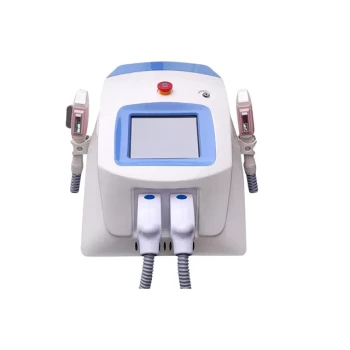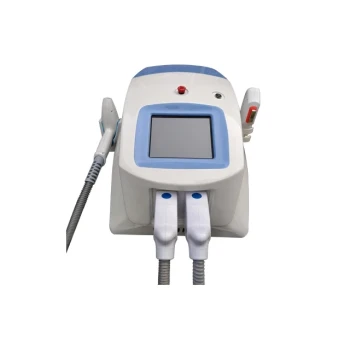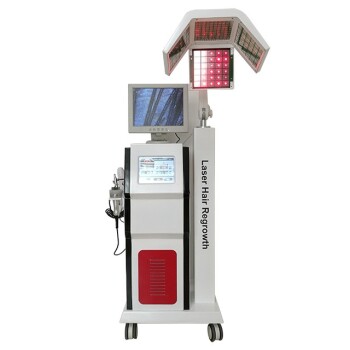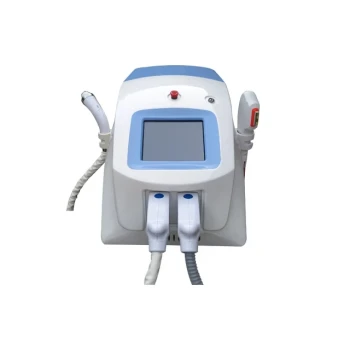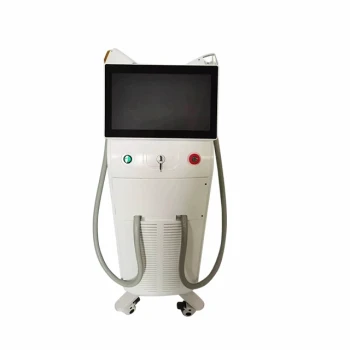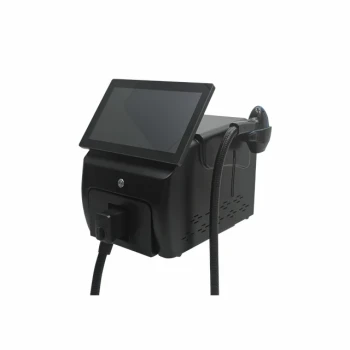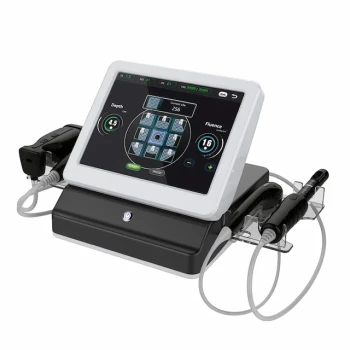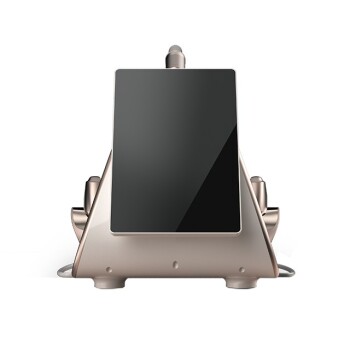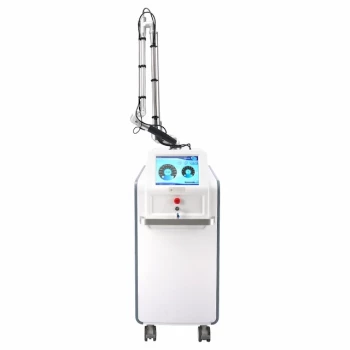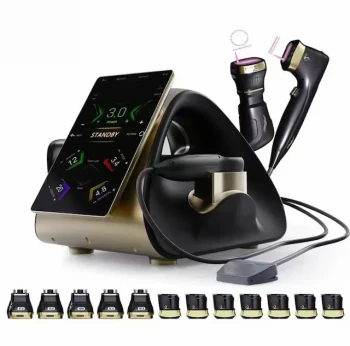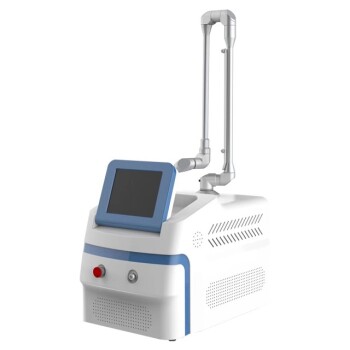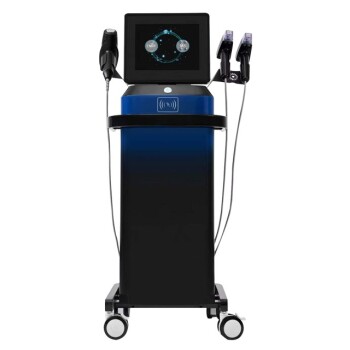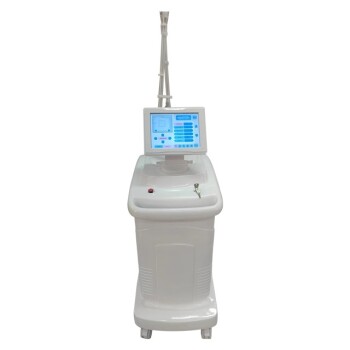Intense Pulsed Light (IPL) is not a universally suitable treatment. It is contraindicated for individuals who are pregnant or breastfeeding, have very dark skin tones, or have certain medical conditions or are taking medications that cause photosensitivity. Those who have had recent Botox or filler injections or are undergoing IVF must also adhere to specific waiting periods.
The core principle of IPL relies on the light's ability to target pigment (melanin) in the hair without damaging the surrounding skin. Any factor—from skin tone and medication to a health condition—that disrupts this delicate balance can make the treatment either ineffective or unsafe.
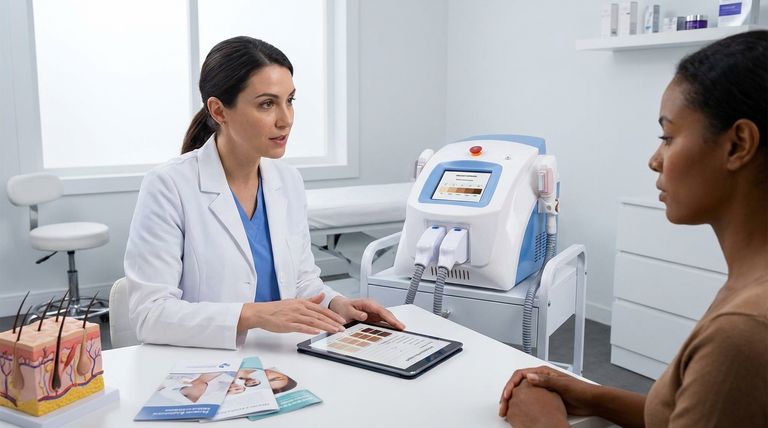
The Core Principle: Why Skin and Hair Color Matter
IPL works by emitting broad-spectrum light that is absorbed by melanin, the pigment that gives hair its color. This light energy converts to heat, which damages the hair follicle and inhibits future growth.
Unsuitability for Dark Skin Tones
The primary safety concern with IPL involves dark skin tones (typically Fitzpatrick skin types V and VI).
Because dark skin has a high concentration of melanin, the IPL device cannot easily distinguish between the pigment in the hair and the pigment in the skin. This can cause the skin to absorb too much energy, leading to burns, blistering, or changes in pigmentation (hyperpigmentation or hypopigmentation).
Ineffectiveness on Light Hair Colors
Conversely, IPL is ineffective on very light hair colors like blonde, red, grey, or white.
This hair lacks sufficient melanin to absorb the light energy. Without a pigmented target, the light cannot generate enough heat to destroy the hair follicle, meaning the treatment will not produce the desired results.
Key Medical and Health Contraindications
Certain health conditions and life stages preclude the use of IPL due to unpredictable effects or known safety risks.
Pregnancy and Breastfeeding
Hormonal fluctuations during pregnancy and breastfeeding can make skin more sensitive and prone to pigmentation changes like melasma. Undergoing IPL during this time is not recommended due to the lack of safety studies and the increased risk of adverse reactions.
Active Skin Conditions or Infections
You cannot perform IPL over areas with active acne, eczema, psoriasis, rosacea, or any open wounds or infections. The intense light can severely irritate these conditions and impair the healing process.
History of Skin Cancer
Individuals with a personal history of skin cancer, particularly melanoma, or pre-cancerous lesions should not undergo IPL. The light energy could potentially stimulate malignant cell growth.
Conditions Triggered by Light
Disorders that are exacerbated by light exposure, such as lupus or porphyria, are absolute contraindications for IPL treatment.
Conflicts with Medications and Recent Treatments
What you put in or on your body can dramatically increase your skin's sensitivity to light, making IPL unsafe.
Photosensitizing Medications
A wide range of common medications, including certain antibiotics (like tetracyclines), antidepressants, and diuretics, can make your skin highly sensitive to light. Using IPL while on these drugs significantly increases the risk of burns.
Hormonal Treatments and IVF
As noted in the reference, hormonal treatments like Hormone Replacement Therapy (HRT) or In Vitro Fertilization (IVF) can affect treatment outcomes and skin sensitivity. It is critical to wait until IVF treatments are complete.
Recent Fillers or Botox
If you have had dermal fillers or Botox, you must wait at least two weeks before an IPL treatment in that same area. The heat generated by IPL could potentially interfere with these injectables.
Understanding the Risks and Pitfalls
Ignoring these contraindications is not just a matter of poor results; it can lead to significant harm.
The Risk of Burns and Pigmentation Issues
The most common adverse effect of improper IPL use is damage to the skin. This ranges from mild redness to severe burns, blisters, and permanent scarring or discoloration. This risk is highest in those with contraindicated skin tones or who are on photosensitizing medications.
The Inefficiency of Wasted Treatments
For those with unsuitable hair color, the risk is not one of safety but of ineffectiveness. You may spend significant time and money on treatments that yield little to no reduction in hair growth because the underlying physics of the procedure cannot work for you.
The Importance of a Professional Consultation
An experienced and qualified technician is your most important safety check. They are trained to assess your skin type, medical history, and overall suitability, and to perform a patch test to gauge your skin's reaction before proceeding with a full treatment.
How to Determine if IPL is Right for You
Ultimately, safety and suitability must be your primary concerns. A thorough consultation with a qualified professional is non-negotiable.
- If your primary focus is safety with a darker skin tone: You are not a good candidate for IPL; investigate alternatives like Nd:YAG lasers, which are designed to be safer for pigmented skin.
- If your primary focus is effectiveness with very light hair: IPL will not work for you; consider electrolysis, which targets the follicle directly without relying on pigment.
- If you are taking any medication or have a medical condition: You must disclose your entire health history to a technician and consult your doctor to ensure IPL is safe for you.
Prioritizing a thorough evaluation of your individual circumstances is the only way to ensure a safe and effective outcome.
Summary Table:
| Contraindication | Reason for Unsuitability |
|---|---|
| Dark Skin Tones (Fitzpatrick V-VI) | High skin melanin absorbs light, causing burns or pigmentation changes. |
| Light Hair (Blonde, Red, Grey, White) | Lack of melanin in hair makes IPL ineffective. |
| Pregnancy & Breastfeeding | Hormonal changes increase skin sensitivity; lack of safety data. |
| Active Skin Conditions | IPL can irritate acne, eczema, psoriasis, or open wounds. |
| History of Skin Cancer | Light energy could stimulate malignant cell growth. |
| Photosensitizing Medications | Drugs (e.g., antibiotics) increase risk of burns. |
| Recent Botox/Fillers | Wait 2 weeks; IPL heat can interfere with injectables. |
Ensure Safe and Effective Treatments with Professional Equipment from BELIS
Choosing the right technology is critical for patient safety and clinic reputation. If you operate a medical aesthetics clinic or a premium beauty salon, investing in professional-grade equipment designed for diverse skin types is essential.
BELIS specializes in providing advanced, reliable medical aesthetic equipment. Our devices are engineered to meet the highest safety standards, helping you deliver superior results while minimizing risks for your clients.
Ready to enhance your service offerings with safe, effective technology?
Contact our experts today for a personalized consultation. We'll help you select the ideal equipment to grow your business and build client trust.
Visual Guide
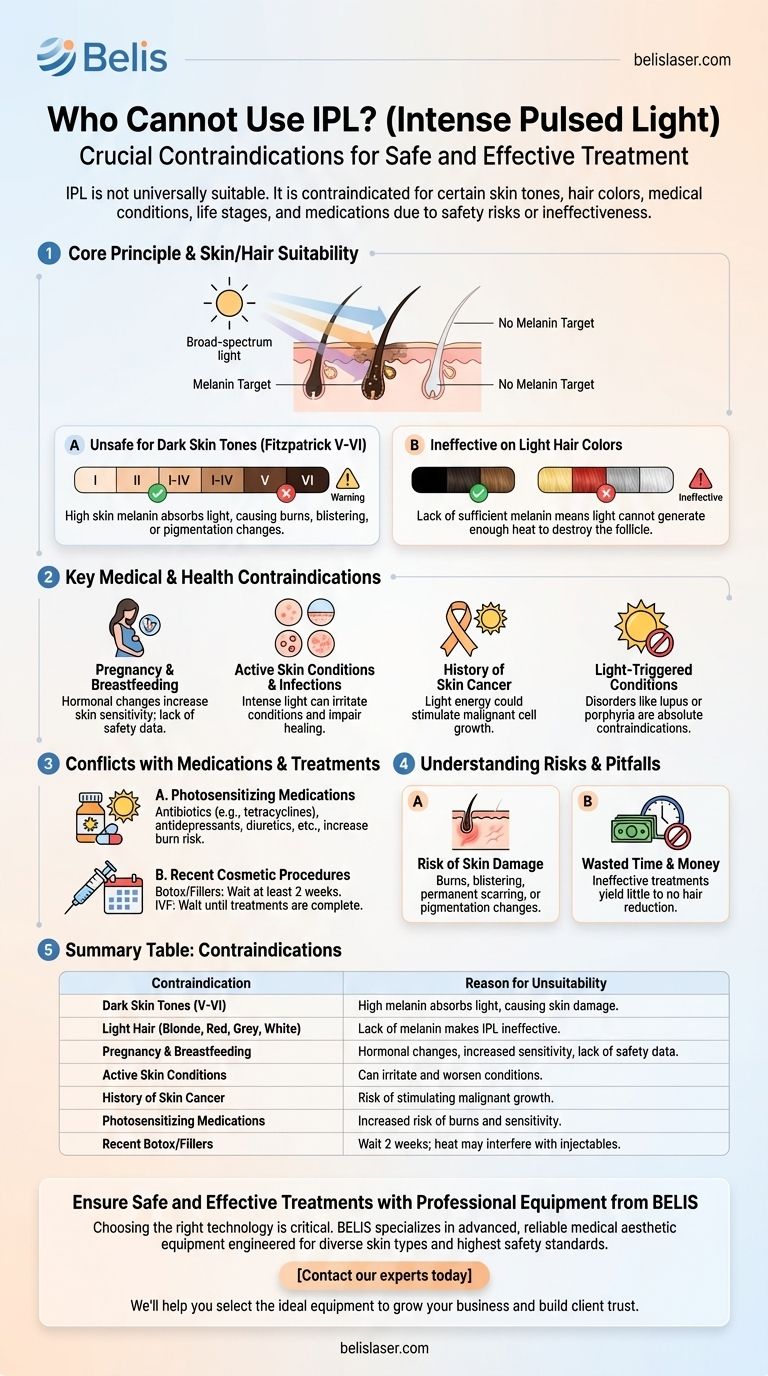
Related Products
- IPL SHR Hair Removal Machine for Permanent Hair Removal
- Clinic Use IPL and SHR Hair Removal Machine with Nd Yag Laser Tattoo Removal
- Clinic Diode Laser Hair Removal Machine with SHR and Trilaser Technology
- Multifunctional Laser Hair Growth Machine Device for Hair Growth
- IPL SHR+Radio frecuency machine
People Also Ask
- How quickly do you see IPL results? A Realistic Timeline for Clearer Skin
- Does IPL hair removal really work? Unlock Long-Term Hair Reduction with Science
- Does IPL hair removal actually work? Achieve Long-Term Hair Reduction
- Can IPL be used on all skin types? Understanding Risks for Darker Skin Tones
- Who should not use IPL? Key Contraindications for Safe Skin Treatment
